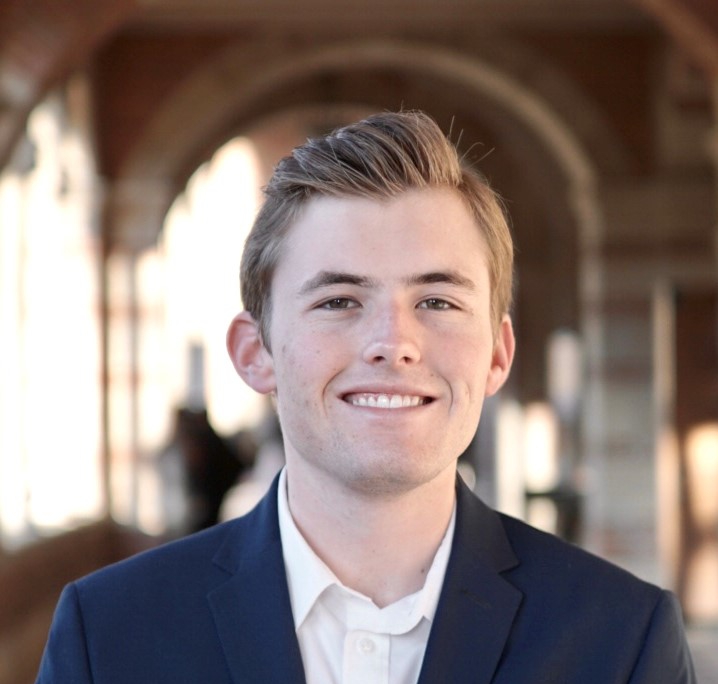Washed: Endocrine-Disrupting Chemicals in Personal Care Products
Brandon M. Moore
Brandon will be graduating with a B.S. in Human Biology and Society and a minor in Global Health. During his time at UCLA, he focused on studying health and healthcare disparities in the United States and abroad, amplified by his work in SCOPE PHA, FISH, and Dr. Terence Keel’s BioCritical Studies Lab, as well as his exchange semester at the Universidad Complutense de Madrid. He hopes to pursue an MD/MPH to improve the quality of medical care for communities that face systemic barriers to health.
Capstone
In unison with four other students from the Institute for Society and Genetics, I investigated the ‘clean’ beauty movement and the lax regulation of cosmetic products in the United States to produce Washed, a collaborative full-length magazine intended to fulfill both the Honors and Human Biology and Society degree capstone requirements. Our topic was selected in response to a broad prompt centering on endocrine-disrupting chemicals, or EDCs, a class of chemical agents that are highly present in all types of consumer products which are thought to interfere with normal hormonal signaling over long periods of exposure.
As I was entirely unfamiliar with ‘clean’ beauty or cosmetics before this project began, it perfectly reflects my ability to analyze issues at the intersection of society and human health, as well as their potential solutions, through the lens of my strongest academic interests—public health policy, health disparities, and medicine. Through my first individual article (on page 20 of the magazine), I characterized the disparate occupational health effects of cosmetic products containing phthalates, parabens, and other EDCs on beauty professionals such as nail technicians and hair stylists, a high proportion of whom are immigrant women of color, leading to a high statistical prevalence of abnormalities during pregnancy. I then (p. 46) proceeded to investigate the commercial roots of the ‘clean’ beauty movement and the exposure-reducing potential of community health efforts to raise widespread awareness of EDCs and ‘clean’ products. Finally, I explored the federal legislative inaction towards strict cosmetics regulation through a comparative lens with the European Union, finding the signature traces of corporate lobbying and the prioritization of profits over health. These findings meshed with those of my colleagues, who pointed to deeply ingrained sexism and the perception of cosmetics as being a ‘woman’s problem’ as the main drivers of legislative and regulatory inaction.
Integrating the diversity of my academic training at UCLA—which was largely inspired by Dr. Charles Alexander’s Honors 105 (Healthcare Disparities) course, which I took in my sophomore year—I am thus confident of my ability to uncover the systemic flaws that underlie significant health disparities in our nation and world, as well as to call for regulatory change to combat them. I hope to bring this perspective into the medical field as I work to deconstruct such disparities in the future.



